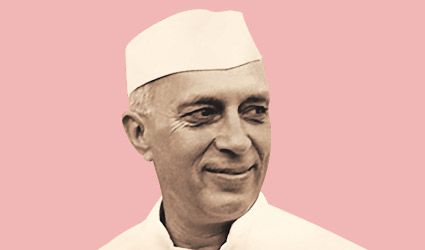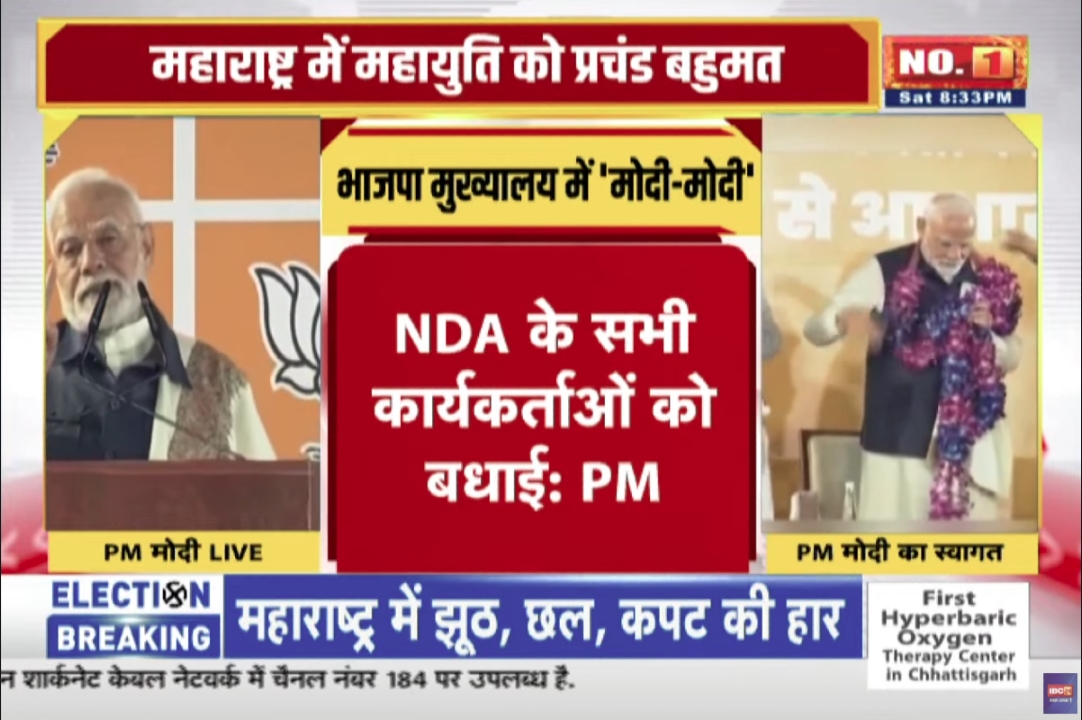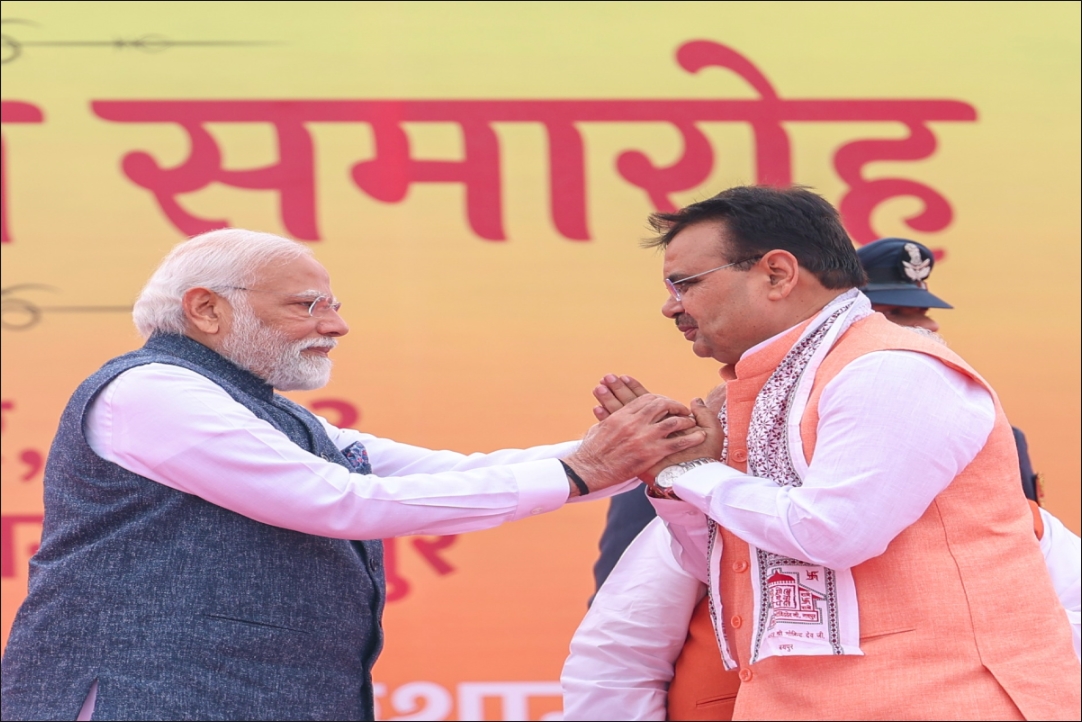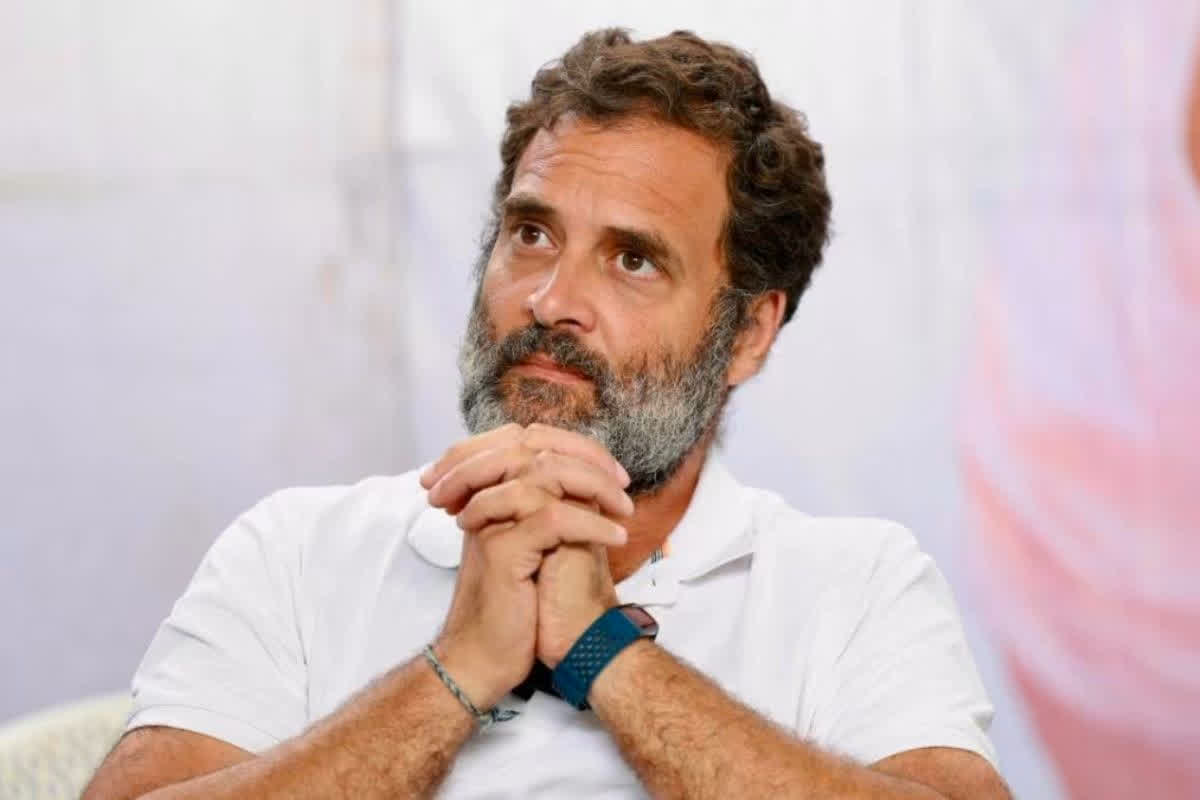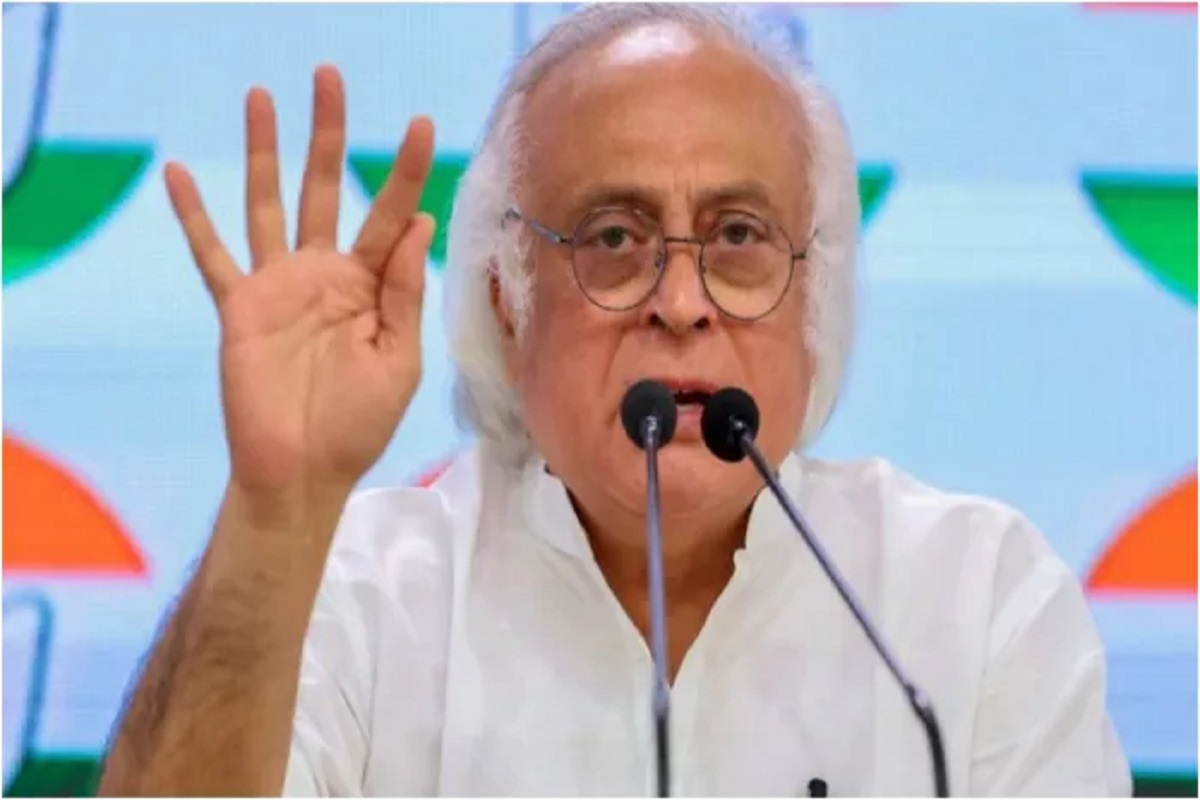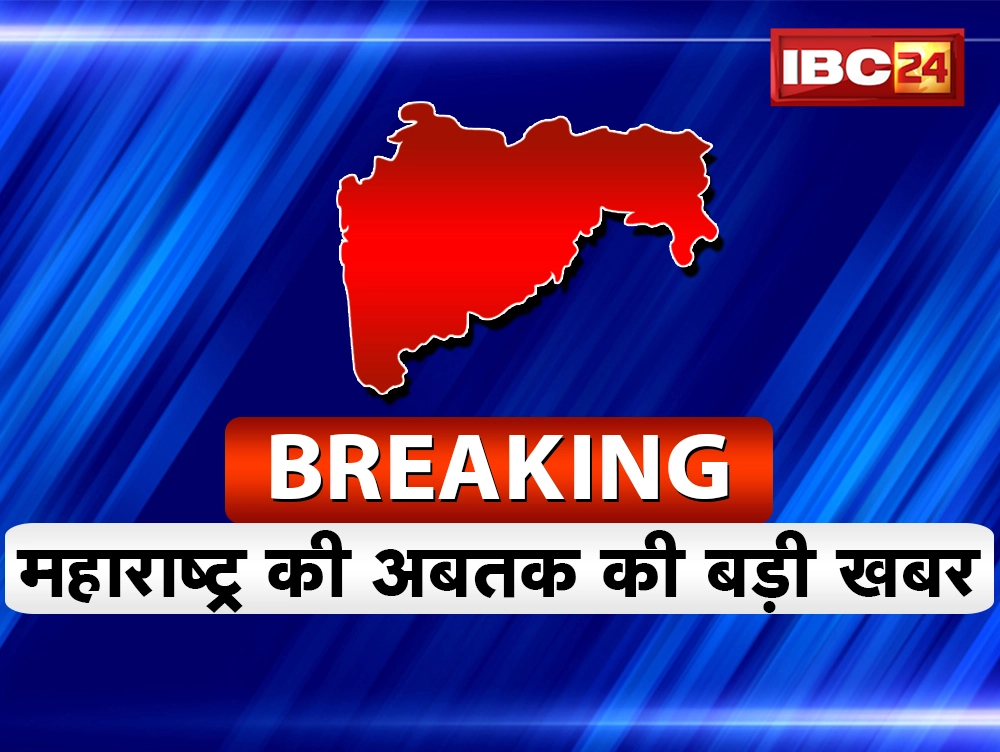Jawaharlal Nehru (pronounced juh-WAH-hurr-LAHL NE-hǝ-ROO; 14 November 1889 – 27 May 1964) was a significant figure in India during the mid-20th century, known for his roles as an Indian anti-colonial nationalist, secular humanist, social democrat, and author. He played a crucial role in India’s struggle for independence, particularly during the 1930s and 1940s. After India gained its independence in 1947, Nehru served as the country’s prime minister for a remarkable 16 years. Nehru was a strong advocate of parliamentary democracy, secularism, and the advancement of science and technology. His influence had a profound impact on shaping India’s journey as a modern nation. In the realm of international politics, he skillfully navigated India’s course through the complexities of the Cold War, avoiding alignment with either of the opposing blocs.
Birth and family background
On 14 November 1889, in Allahabad within the confines of British India, Jawaharlal Nehru came into the world. His father, Motilal Nehru (1861–1931), an accomplished self-made barrister hailing from the Kashmiri Pandit community, assumed the presidency of the Indian National Congress twice, in 1919 and 1928.[4] Swarup Rani Thussu (1868–1938), his mother, originated from a renowned Kashmiri Brahmin lineage settled in Lahore,[5] becoming Motilal’s second spouse, as his first had tragically passed away during childbirth. Amongst three siblings, Jawaharlal held the position of the eldest.[6] His senior sister, Vijaya Lakshmi, would later attain the distinction of becoming the first female president of the United Nations General Assembly.[7] His youngest sister, Krishna Hutheesing, achieved recognition as an accomplished writer, contributing several works centered around her brother’s life.
Graduation
In October 1907, Nehru commenced his studies at Trinity College, Cambridge. He successfully earned an honors degree in natural science by 1910.[18] Throughout this phase, he showed a keen interest in subjects such as politics, economics, history, and literature. His intellectual development was significantly shaped by the writings of notable figures like Bernard Shaw, H. G. Wells, John Maynard Keynes, Bertrand Russell, Lowes Dickinson, and Meredith Townsend.[12]
After the completion of his degree in 1910, Nehru relocated to London, where he pursued a legal education at the Inner Temple Inn.[19] During this period, he maintained his engagement with the works of scholars associated with the Fabian Society, including Beatrice Webb.[12] His dedication led to his successful admission to the Bar in 1912.
Declaration of independence
Nehru emerged as a pioneering figure in advocating for a decisive and unambiguous separation between the Congress Party and the British Empire. This stance gained approval at the Madras session of Congress in 1927, despite facing criticism from Gandhi. In response, Nehru established the Independence for India League, a faction within the Congress, to exert pressure for autonomy. In 1928, Nehru’s calls for change were embraced by Gandhi, leading to a proposal demanding Dominion status from the British within two years. Should this timeline not be met, the Congress pledged to rally all Indians in pursuit of complete self-governance. Nehru contested the lenient duration given to the British, urging Gandhi to demand immediate action. After negotiations, Gandhi orchestrated a compromise by shortening the time frame from two years to one. The British, however, declined the request for Dominion status in 1929. Assuming the presidency of the Congress party during the Lahore session on December 29, 1929, Nehru introduced and successfully passed a resolution advocating for total independence. This period also saw Nehru’s authorship of the Indian Declaration of Independence, which articulated:
Nationalist movement (1939–1947)
As World War II commenced, Viceroy Linlithgow took the unilateral step of designating India as a belligerent aligned with Britain, disregarding input from the elected Indian representatives.[86] Nehru, who had been visiting China, hurriedly returned and proclaimed that in the face of a conflict between democracy and fascism, India’s allegiance naturally leaned towards democracy. He stated, “our sympathies must inevitably be on the side of democracy… I should like India to play its full part and throw all her resources into the struggle for a new order”.[87]
After thorough contemplation, the Congress, led by Nehru, conveyed to the government its willingness to collaborate with the British, albeit with specific conditions. Firstly, Britain needed to provide a guarantee of complete independence for India post the war and permit the election of a constituent assembly to formulate a fresh constitution. Secondly, while the Indian armed forces would remain under the jurisdiction of the British Commander-in-chief, Indians must be promptly integrated into the central government, affording them the opportunity to partake in power and responsibility sharing.[88]
When Nehru presented these demands to Lord Linlithgow, they were met with rejection. A standoff ensued, prompting Nehru to express his discontent to Gandhi, writing, “The same old game is played again… the background is the same, the various epithets are the same, and the actors are the same and the results must be the same”.[89][90]





 Download App
Download App
